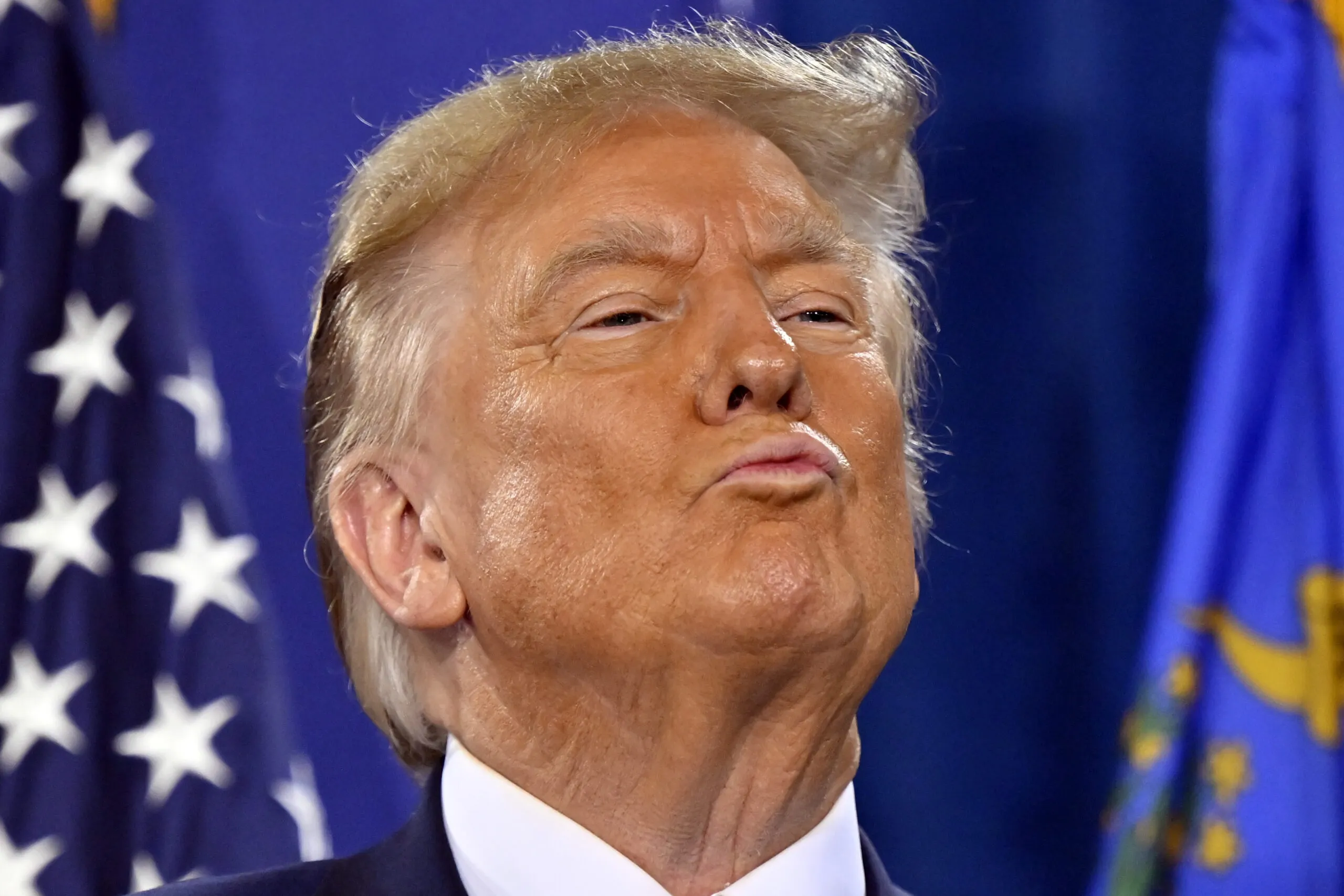Skadden’s $100 Million Legal Aid: Trump’s Bold Move Shakes the Legal World!
In a stunning development, Skadden Arps, one of the most prestigious law firms in the United States, is reportedly in discussions with Donald Trump’s legal team to navigate a series of executive orders that threaten the very foundation of legal practices. This move comes amid a backdrop of turmoil within the legal community, as Trump’s recent actions have raised significant concerns regarding the independence of law firms and their ability to operate without political pressure.
Since leaving office, Trump has faced mounting legal challenges, which have cost him over $100 million in legal fees. This staggering amount underscores the financial implications of his ongoing legal battles, which have drawn both support and criticism from various sectors of the legal profession. As Trump continues to maneuver through these challenges, his influence over the legal community has become a focal point of debate.
The Executive Orders
Trump has signed a series of executive orders aimed at law firms that challenge his administration, causing unrest among legal professionals. These orders threaten to revoke security clearances for lawyers at targeted firms, severely impacting their ability to operate effectively. Legal experts warn that such actions could undermine the judicial system and limit access to justice for those opposing his administration.
Moreover, the executive orders have sparked a broader discussion about the ethical responsibilities of law firms and their duty to uphold justice, even in politically charged environments. As Trump’s administration reportedly compiles a list of law firms that may face similar orders, the legal community is grappling with the ramifications of this unprecedented approach.
Skadden’s Calculated Move
In light of these developments, Skadden Arps is taking proactive steps to avoid the fallout from Trump’s executive orders. The firm’s engagement with Trump’s legal team signifies a calculated move to protect its interests while navigating a politically fraught landscape. Internal dissent within Skadden has surfaced, with an attorney resigning and publicly urging the firm to resist Trump’s pressures. This resignation highlights the complex dynamics at play within the firm and the broader legal community.
On the other hand, Paul Weiss, another major law firm, has taken a different approach. The firm has agreed to provide $40 million in legal aid to charities aligned with Trump, a decision that has sparked outrage and concern among legal professionals. Critics label this as a capitulation to Trump’s demands, reflecting a growing fear of the erosion of independence within the legal field.
The Legal Community’s Response
The backlash against Paul Weiss has not gone unnoticed. Many legal professionals are expressing their discontent with the firm’s decision, fearing it sets a dangerous precedent for other law firms. As one attorney put it, the situation exemplifies “capitalistic cowardice” among law firms that prioritize financial gain over ethical obligations.
Several law firms, including Perkins Coie, have taken a stand against Trump’s executive orders by filing lawsuits challenging their legality. These actions underscore a divide within the legal community, where some firms are capitulating to Trump’s demands while others remain steadfast in their commitment to uphold the rule of law.
A Broader Debate
Trump’s legal maneuvers and executive orders have ignited a broader debate about the independence of the legal profession. Many legal experts argue that his actions threaten the very fabric of justice in America. The implications of this situation extend beyond individual law firms; they raise fundamental questions about the role of legal representation in a democratic society.
As Trump continues to exert pressure on the legal community, the potential for retaliation against those who oppose him looms large. This has led to heightened anxiety among lawyers, who fear for their careers and the future of their firms. The chilling effect of Trump’s approach could limit access to legal representation for those who need it most.
Conclusion
As the legal community grapples with the implications of Trump’s bold moves, the future of legal representation hangs in the balance. Skadden Arps’ negotiations with Trump’s team reflect a desperate attempt to navigate a treacherous landscape, while the backlash against Paul Weiss underscores the growing concern about the erosion of independence in the legal field.
The ongoing situation serves as a reminder of the ethical responsibilities that law firms must uphold, even in the face of political pressure. As discussions about the independence of the legal profession continue, one thing is clear: the ramifications of Trump’s actions will be felt for years to come.
In this tumultuous environment, the legal community must remain vigilant, committed to defending the rule of law and ensuring that justice is accessible to all, regardless of political affiliation. The stakes have never been higher, and the outcome of this battle will shape the future of legal practice in America.






Leave a Comment